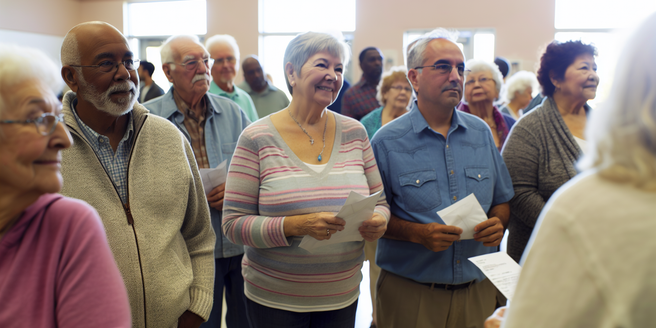Welfare programs for elders are designed to ensure a worry-free and comfortable life for them when they’ve retired and need financial and social support. The need for such programs is fueled by increasing life expectancy rates and the diverse needs of elders that arise from declining physical health and altering social dynamics.
Social Security
One of the most well-known welfare programs for elders in the U.S. is Social Security. It provides monthly monetary benefits to retired or disabled workers and their surviving dependents. The amount that one receives is dependent on their lifetime earnings and the age at which they retire.
Medicare
Medicare is a federal health insurance program for individuals who are 65 or older. It covers a portion of their medical costs, including hospital stays and doctor’s visits. There are different parts to Medicare including Part A (Hospital Insurance), Part B (Medical Insurance), Part C (Medicare Advantage), and Part D (Prescription Drug Coverage).
Medicaid
Medicaid provides free or low-cost health coverage to some low-income people, families and children, pregnant women, the elderly, and people with disabilities. The rules for who is eligible for Medicaid differ from each state.
Supplemental Security Income (SSI)
Supplemental Security Income (SSI) provides additional income for individuals who are 65 or older, blind, or disabled and have little to no income. It provides cash to meet basic needs for food, clothing, and shelter. Each state administers its own SSI program.
Housing and Urban Development (HUD) Programs
The U.S. Department of Housing and Urban Development (HUD) provides several programs to assist elderly low-income homeowners and renters. It offers public housing, housing vouchers, and subsidized housing. They also have programs to help with home repairs and modifications for older adults.
Nutrition Program for the Elderly
The U.S. Department of Health and Human Services funds a nutrition program known as the Older American Act Nutrition Program. It offers meals, nutrition screening and education, as well as counseling and other nutrition services to older adults.
Together, these welfare programs provide a safety net for elders, helping them remain independent, healthy, and secure in their golden years.



